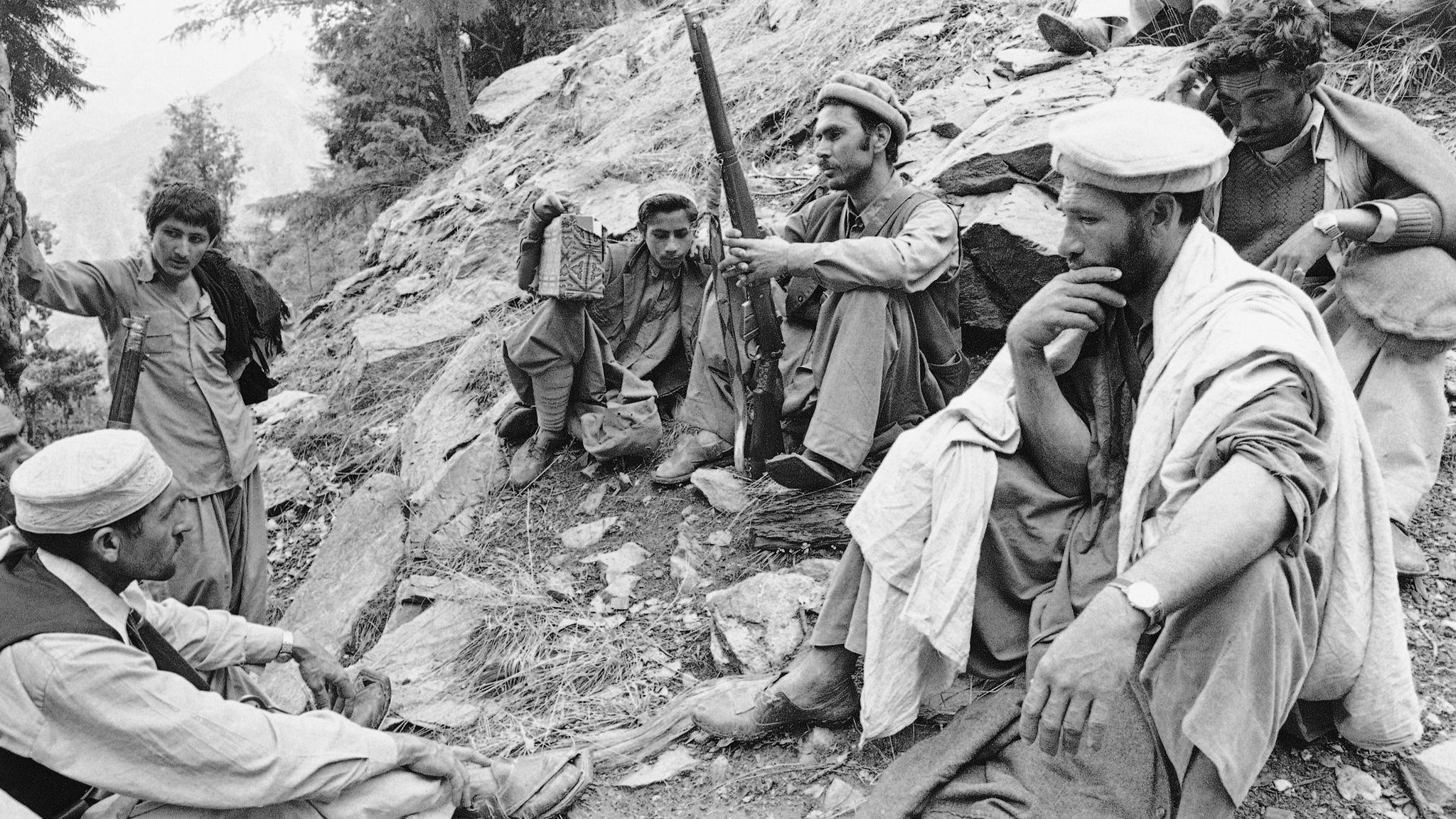Isolated Pak Likely To Bring In China To Offset India's Regional Influence, Says Concerned U.S.
THE CITIZEN BUREAU

NEW DELHI: As the Trump administration meets in Washington to discuss the future of war torn Afghanistan, including the prospect of sending in more foreign troops, regional neighbours India and Pakistan find repeated mention in the ongoing Congressional debates.
According to transcripts of the recently concluded hearing on Afghanistan at the Senate Armed Services Committee, US intelligence chiefs reportedly highlighted the power dynamics governing South Asia, including strained relations between India and Pakistan. Intelligence officials were of the opinion that Pakistan -- facing some form of international isolation -- will increasingly involve China in regional affairs, including in Afghanistan, in a bid to offset India’s influence.
According to Pakistani paper Dawn, the transcript reads that “Pakistan is concerned about international isolation and sees its position through the prism of India’s rising international status, including India’s expanded foreign outreach and deepening ties to the United States.” Dan Coats, who, as National Intelligence director, who leads a team of more than a dozen spy agencies including the CIA and FBI said that “Pakistan will likely turn to China to offset its isolation, empowering a relationship that will help Beijing to project influence in the Indian Ocean.”
It is worth reiterating that although Pakistan and Afghanistan have a strained relationship, Islamabad continues to exercise significant control over the neighbouring country due to its ability to leverage the Taliban. Kabul has long maintained that Pakistan aids and abets insurgency within Afghanistan’s borders by providing support and shelter to the Taliban. Although Pakistan denies the charge, international opinion has made repeated mention of the power dynamic, with the US even pushing Pakistan to bring the Taliban onto the negotiating table. The so-called peace dialogue never took off.
The same charge was made at the hearing, with Coats stating that Islamabad had failed to curb militants and terrorists, and thus, ““these groups will present a sustained threat to the US interests in the region and continue to plan and conduct attacks in India and Afghanistan.”
Interestingly, Defence Intelligence director Lt Gen Vincent Stewart, linked Pakistan’s support to terror groups in Afghanistan to Indian influence in the region. The General suggested that Pakistan keeps its leverage over terrorist groups in Afghanistan so as to prevent the neighbouring country from leaning too close to India. They view all of the challenges through the lens of an Indian threat to the state of Pakistan. So they hold in reserve terrorist organisations… so that — if Afghanistan leans towards India, they will no longer be supportive of an idea of a stable and secure Afghanistan that could undermine Pakistan interests,” the General said.
The discussions come as the Trump administration is set to outline a new Afghan policy, as the failure of former President Obama’s Afghan policy becomes all the more conspicuous. Despite Obama’s pledge to bring back all troops from Afghanistan, the war has not just continued, but the Taliban has seen some of its largest gains in recent years. Recent reports by the Special Inspector General for Afghan Reconstruction (SIGAR) office notes a huge decline in the territory controlled by the American-supported Afghan government with corresponding increase in influence of the Taliban and other militant groups, including the Islamic State. In a worrying assessment. The report notes that the Afghan government had 57.2 percent of the country under its control by the end of 2016 — a 6.3 percent decrease from 2015.
President Trump, meanwhile, has been decidedly vague on US policy in Afghanistan, with analysts pointing to the contradictory statements made by the real estate mogul turned politician on US policy in Afghanistan.
At the time of writing, there is an ongoing debate on whether the US should send more troops to Afghanistan, with US Generals in the war-torn country openly advocating the need for more troops. NATO already has more than 13,000 troops in Afghanistan -- far in excess of targets put forth by the Obama administration, as during Obama’s presidency, the move to rollback troops was repeatedly extended and modified, with the original plan to withdraw all troops from Afghanistan by 2014 never being met.



